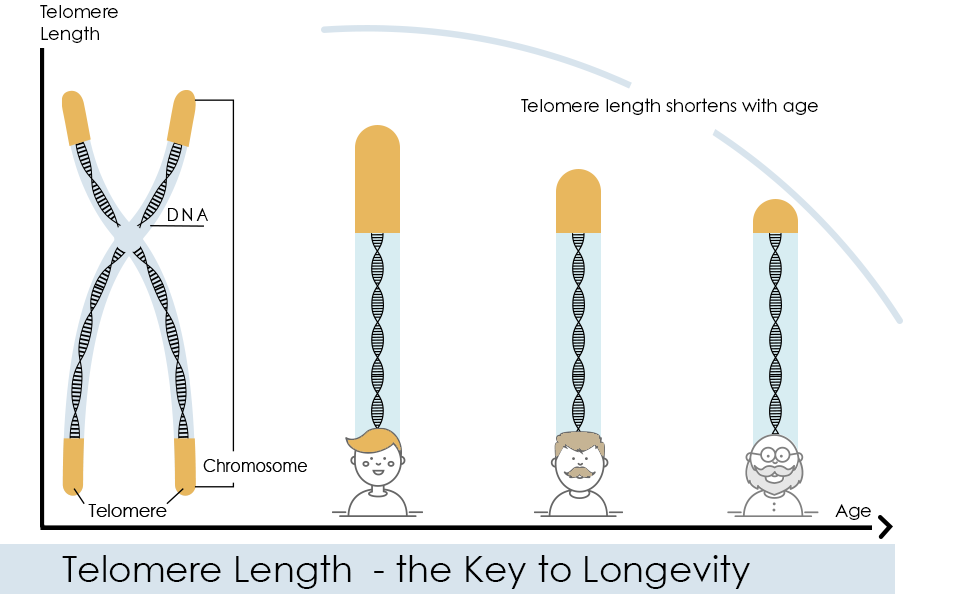Epigenetics and Psychostimulant Addiction
- evolveremh
- Sep 27, 2021
- 2 min read

A chronic and relapsing disorder caused by compulsive intake of drug in spite of knowing its fatal consequences is known as drug addiction. It is a multifactorial polygenic disorder which does not conform to simple Mendelian Patterns of inheritance. Drug induced gene expression alteration in circuitry of brain is what is supposed to be the cause of transition from recreational to persistent drug abuse. Molecular mechanism works in promoting consistent change in gene expression and drug abusive response in case of long term drug exposure. There have been recent studies that elucidate the role of epigenetic mechanisms that play a role in the pathogenesis of psychostimulant induced addiction.
" Repeated exposures to a drug of abuse (including psychostimulants) in adolescence or adulthood causes addiction in vulnerable individuals by inducing stable changes in gene expression via epigenetic regulation of those specific genes. "
Epigenetics is defined as series of biochemical processes through which changes in gene expression are achieved throughout lifecycle of an organism without changing the DNA sequence itself. The term was coined in 1942 by Conrad Hal Waddington. Studies have found that epigenetic processes are important for normal cell development and differentiation, regulation of gene functioning through non mutagenic mechanism. Epigenetic mechanisms transduce environmental stimuli to promote stable alterations in chromatin structure that function to activate or repress gene transcription. Since subset of epigenetic changes are stable it makes them ideal mediators of vulnerability to addiction and drug induced brain maladaptation that underlie an addiction syndrome.
There are two general roles that epigenetic mechanisms likely play in addiction,
Repeated exposures to a drug of abuse (including psychostimulants) in adolescence or adulthood causes addiction in vulnerable individuals by inducing stable changes in gene expression via epigenetic regulation of those specific genes. This epigenetic regulation involves alterations in the steady-state expression levels of one set of genes and also sensitization (priming) or desensitization of other genes without changing their steady -state expression levels.
Epigenetic regulation mediates changes in the steady-state gene expression or the induction of genes throughout an individual’s lifetime in response to a host of environmental agents, which helps determine that individual’s vulnerability to drug exposure and addiction later in life.
Epigenetic mechanisms are reversible and dynamic in nature. They are chemical agents that alter modification of histones or methylation of DNA, miRNAs regulate psychostimulant induced gene expression profile in discrete brain regions and may prove potent candidates as therapeutic interventions.
REFERENCES:
Schmidt, H. D., McGinty, J. F., West, A. E., & Sadri-Vakili, G. (2013). Epigenetics and psychostimulant addiction. Cold Spring Harbor perspectives in medicine, 3(3), a012047. https://doi.org/10.1101/cshperspect.a012047
Kalda, A., & Zharkovsky, A. (2015). Epigenetic Mechanisms of Psychostimulant-Induced Addiction. International Review of Neurobiology, 120, 85–105. https://doi.org/10.1016/BS.IRN.2015.02.010





Comments